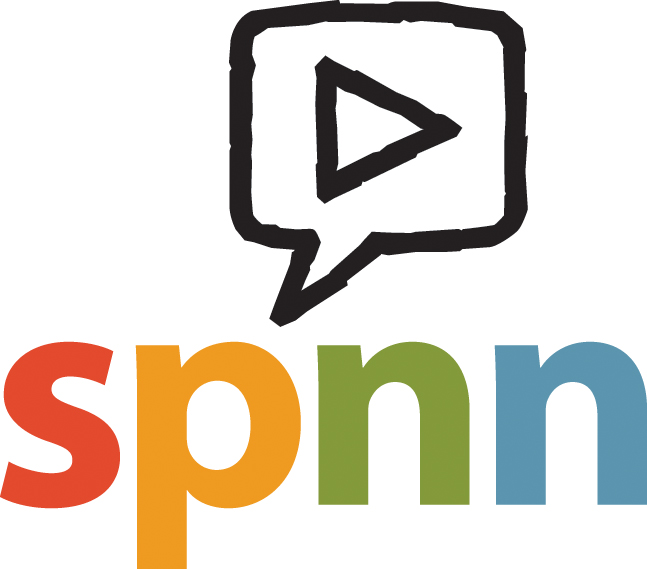Digital Literacy Resources
Below you will find resources for teaching students, utilizing CTEP customized assessments, finding local technology providers, and learning more about the digital divide.
I. Digital Literacy & Related Curriculum Links
II. CTEP Customized Assessments
III. Map of Twin Cities Digital Literacy Resources
IV. Low Cost Computers & Internet
V. Tech Education & IT Training
VI. Articles and Studies Related to Digital Inclusion
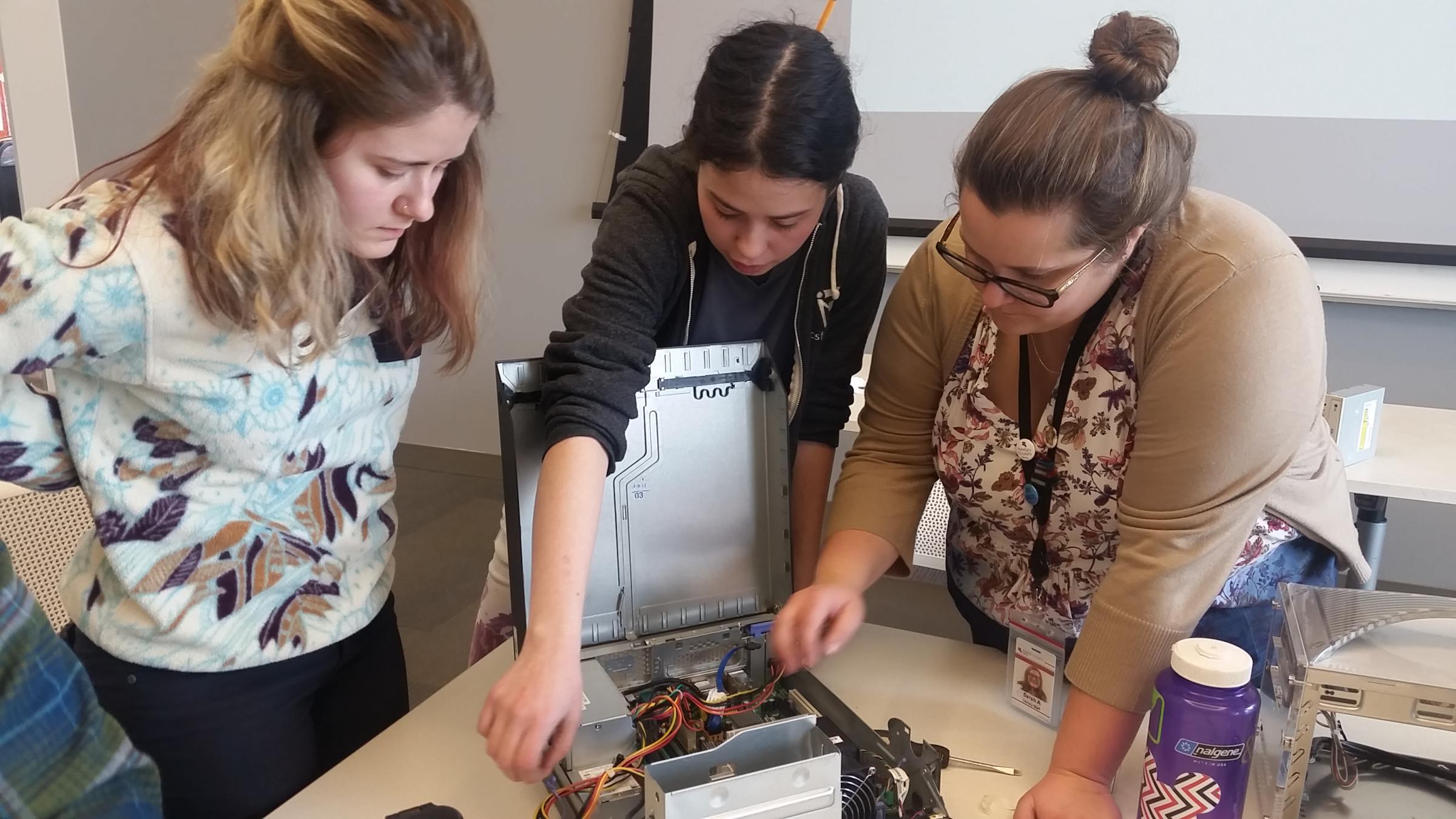
Digital Literacy & Related Curriculum Links
Northstar Digital Literacy Assessment
The Northstar Digital Literacy Project defines basic skills needed to perform tasks on computers and online. The ability of adults to perform these tasks is assessed through online, self-guided modules.
Creative Media Toolkit
Created as a Civic Engagement Project by CTEP Members, these activities can be used to explore podcasting, create GIFs, complete art assignments, and find mental wellbeing resources.
Digital Homeroom
Created as a Civic Engagement Project by CTEP Members, this website allows members working with ELL students the ability to use images to teach Northstar digital literacy skills. It is customizable and allows CTEPs to create their own "Digital Homeroom" for their students.
Literacy Minnesota
Provides links and resources on Computer, Internet, and Email Basics.
GCFLearnFree
GCFLearnFree.org is a free, online learning platform that teaches everything from Microsoft Office and email to reading, math, and more. The site is free, helpful for students learning on their own, and provides a base for curriculum development.
PPL Hub
Project for Pride in Living, a CTEP Partner site, provides some replicable student handouts on Microsoft Word, Power Point, Excel, Google Drive, Android phones, job readiness and more.
Youth Media Resources & Curricula
The Twin Cities Youth Media Network is a consortium of media-focused, youth-serving sites across the Twin Cities. A former CTEP member who served at Film North has curated youth media resources on the TCYMN.
TypingClub
TypingClub is a wonderful, free resource to help students learn to type. An account is not required to use the site, but allows students to keep track of their progress.
JobNow
MELSA libraries have resources to help with the job search process, including resume review, practice interviews, and global information on the job search process.
Step Ahead
Features a good overview of career planning and the application process, including resume and cover letter information and samples by industry from Resume Genius
Financial Literacy and Money Skills
This website "links consumers, educators, banks and governments to the tools and resources they need, helping individuals and communities develop their money management skills." A lot to sift through, but can be very helpful.
Assistive Technology
Sells assistive technology to help people with disabilities navigate technology. Locally, the The Simon Technology Center at PACER provides a variety of assistive technology services including a lending library, technology consultations and workshops for a fee.
Twin Cities Digital Literacy Resources Map
Curated by CTEP members, this map features:
- Current CTEP sites
- Open Computer Labs
- Community Technology Centers
- IT Education schools and learning centers
- Media Learning Centers
- Youth Technology Opportunities
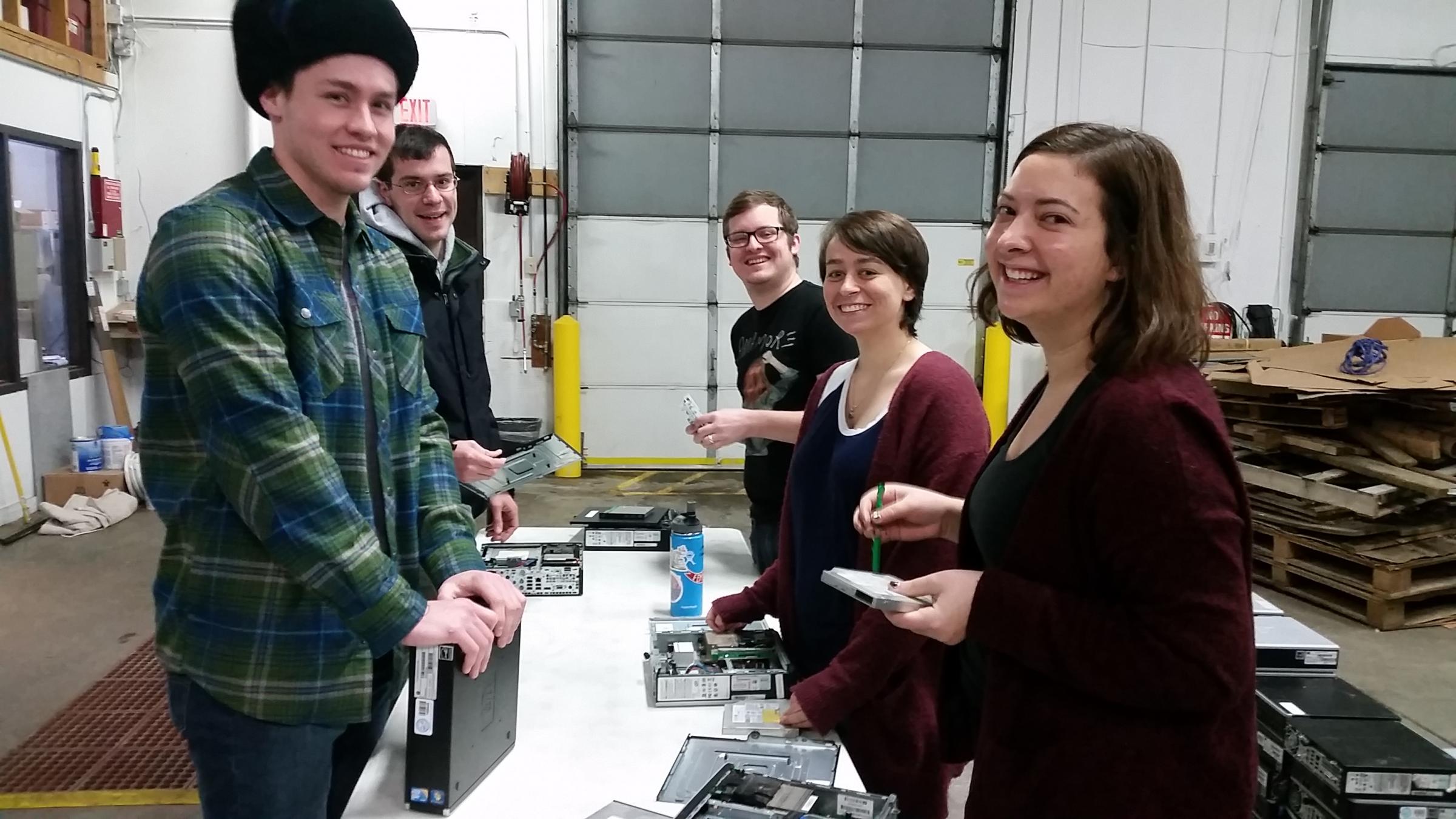
Low Cost Computers & Internet
Emergency Broadband Benefit
The Emergency Broadband Benefit (EBB) is an FCC program to help families and households struggling to afford internet service during the COVID-19 pandemic. The EBB will provide a discount of up to $50 per month towards broadband service for eligible households and up to $75 per month for households on qualifying Tribal lands. Eligible households can also receive a one-time discount of up to $100 to purchase a laptop, desktop computer, or tablet from participating providers if they contribute more than $10 and less than $50 toward the purchase price.
CenturyLink Internet Basics
Internet for $9.95/mo. based on guidelines for the federal Lifeline Affordable Telephone Service. CenturyLink has been noted to be slower to set up than other similar services.
Comcast Internet Essentials
Internet for $9.95/mo. if meet you criteria, such as at least one child in the National School Lunch Program.
Free Geek
South Minneapolis organization that sells refurbished computers at low cost, with the option to volunteer for credit towards a computer.
PCs for People
St. Paul-based organization that offers affordable technology for individuals and non-profits.
Saint Paul Public Library
Saint Paul residents can check out a wireless internet hotspot for free, high-speed Internet service.
Ramsey Connected
Ramsey County has developed a resource hub for residents to connect with local organizations to improve computer and job skills, find tech careers, and access low-cost computers and internet.
University of Minnesota - Technology Empowerment Center
Part of the University of Minnesota's Business & Community Economic Developement, they offer low-cost computers for individuals and non-profits who meet their criteria.
USI Wireless
Internet starting at $14.95/mo. in Minneapolis plus over 100 free wireless 'hotspots' around the city.
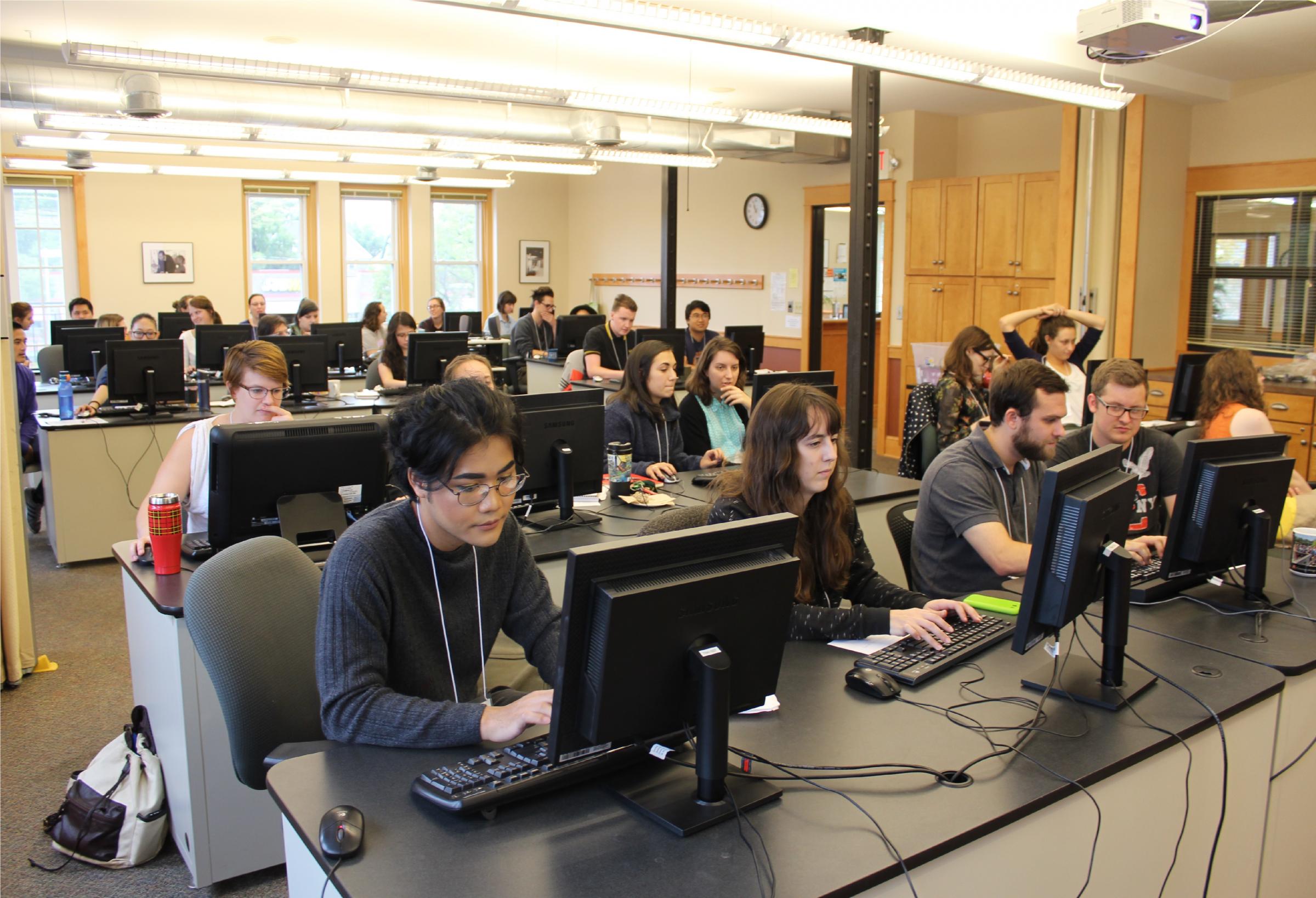
Tech Education & IT Training
Avivo Institute of Career & Technical Education
Avivo is a licensed, post-secondary school specializing in career and technical education that prepares students for careers and the world of work. They pair industry-credentialed training with employment services and placement support that transitions their students into employment.
Creating IT Futures
To help close the IT skills gap for those lacking opportunity, Creating IT Futures launched a free education, training and career placement program called IT-Ready. Our program, supported by a network of non-profit collaborators, gives people the knowledge and skills they need for a successful IT career, then connects them to an on-the-job experience opportunity. We not only focus on the "hard" technical skills, but on the "soft" professional skills that employers look for in job candidates.
Jewish Family & Children's Service
For those with an interest in exploring IT as a career path, the IT Pathways program can support you. As part of the MSP TechHire initiative, IT Pathways connects individuals with the needed resources to prepare for success in IT jobs. Training and support are designed to build upon current knowledge and skills, moving individuals to the next level.
Minnesota Computers for Schools
If you are interested in a career in the technology field, CORE I.T. offers classes – at no cost – to help you develop the technical and professional skills needed to secure employment and earn a stable income.
Takoda Institute
Takoda Institute is an accredited post-secondary school that offers education for graduates to obtain a career pathway for life. Takoda Institute maintains a strong connection to its Native roots by incorporating Indigenous culture, values, and teaching practices into its daily routine. Programs at Takoda Institute are available at no cost to you.
Transcend IT
Transcend IT is a non-profit organization dedicated to working with women and people of color to move into technology careers by providing a framework of education, job skills training, financial literacy, career placement and continual mentorship and guidance.
Interested in IT careers? Check out Minneapolis St. Paul Tech Hire Initiative for more information on trainings and resources to help further your career in tech!
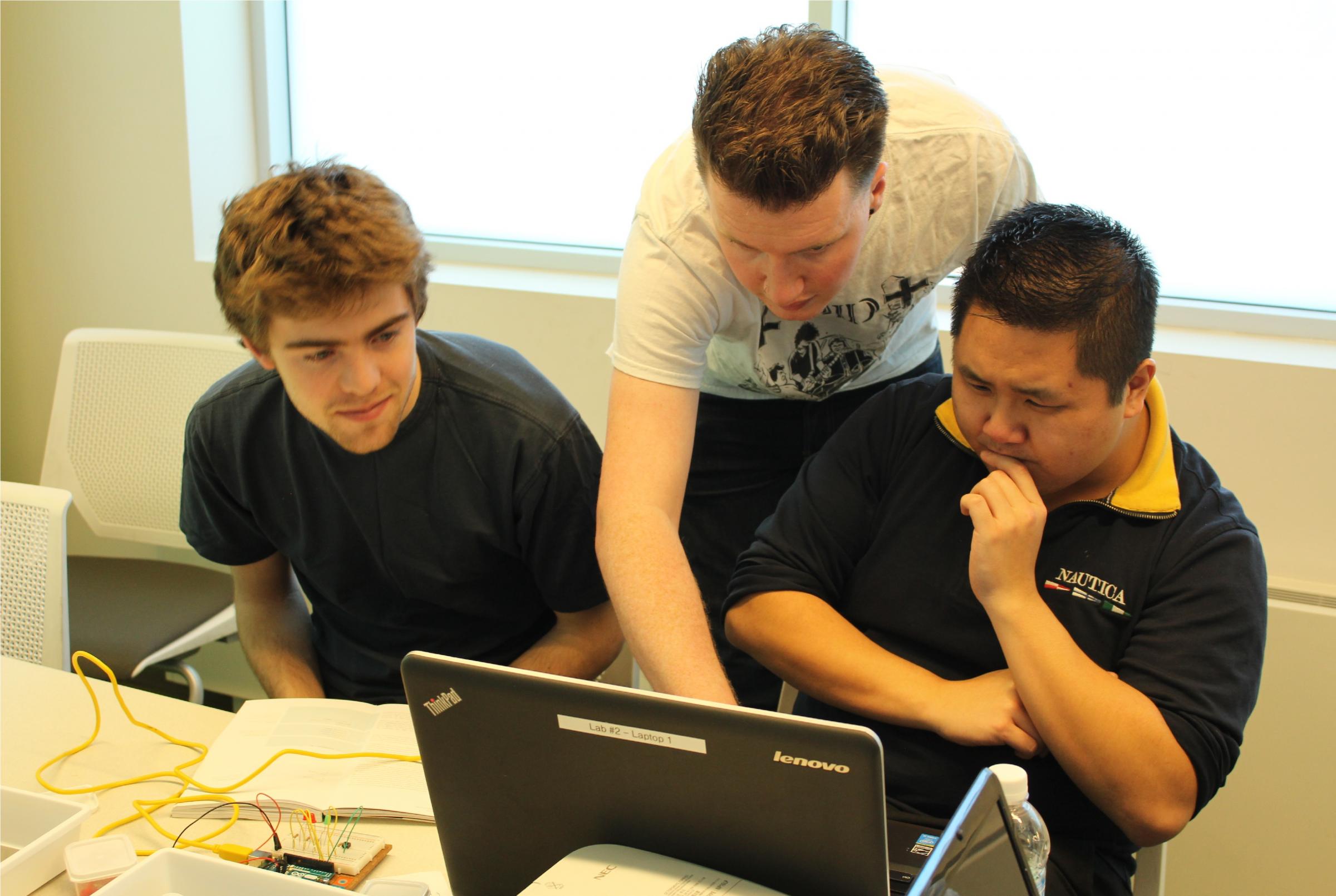
Articles and Studies Related to Bridging the Digital Divide
Digital Inclusion and Meaningful Broadband Adoption Initiatives
This report presents findings from a national study of digital inclusion organizations that help low-income individuals and families adopt high-speed Internet service. The study looked at eight digital inclusion organizations across the United States, including CTEP partner PCs for People, that are working at the important intersection between making highspeed Internet available and strengthening digital skills—two essential and interrelated components of digital inclusion, which is focused on increasing digital access, skills, and relevant content.
Digital Readiness Gap, Pew Research Center & The Meaning of Digital Readiness, Pew Research Center
These articles are the first two sections of a larger article on the digital readiness gap. The first article discusses attitudes about technology, beyond the question of whether people have access to technology. The second article makes an effort to define digital readiness, identifying digital skills, trust, and use as key components.
Brookings, Digitalization and the American WorkForce
Examines how digital skills become job skills in a rapidly digitalizing world. Shifts in digital skill expectations for a wide variety of professions is analyzed from a time period starting in 2002 and ending in 2016. Professions are assigned a digitalization score, and other ramifications of having, or not having, digital skills are also discussed. For example, an employee with strong digital skills might be less likely to be replaced by automated processes as time goes by. A map of the United States showing areas with high and low digital skill requirements is also presented. The Twin Cities metro area is shown to have 26% of jobs expecting high digital skills, 46.8% expecting medium digital skills, and only 27.2% of jobs expecting low digital skills.
Executive Summary: Tutor-facilitated Digital Literacy Acquisition
This downloadable study identifies adults without digital literacy skills as being restricted from fully participating in democracy and accomplishing basic necessities such as finding healthcare. The study presents research on best practices in tutor-based learning for adults developing digital skills, a favored method for libraries and other institutions which teach such skills. One conclusion of the study is that, rather than there being a set of best practices, programs which honor the massive paradigm shift they expect of learners, and allow learners to progress at their own pace and seek help with unique needs, are best equipped to succeed.
Digital Inclusion and Equity: Why Now
Discusses a shift in the national conversation about digital literacy and inclusion over the past decade. The author discusses the rise of technology as series of discrete new devices and processes, and how a relevant question today is which demographics have the best access to a wide range of devices when the internet has become so crucial to functioning in society. Also mentioned is the government’s role in supporting digital equity, and the importance of public trust in institutions.
Digital Divide in the US
This brief report gives reasons that the Digital Divide is a critical issue (international correlation between poor job growth and high digital divide, continued growth of tech-based industries, and an increase in digital economy establishments) and recommends possible policy responses (support for broadband infrastructure and digital economy entrepreneurs, and increased collaboration between libraries, nonprofits, and other organizations educating the public about technology).
How Nonprofits Help Digitally Disadvantaged Communities Connect
Examines the role of nonprofits in providing digital skills to disadvantaged communities. Nonprofit Mobile Beacon provides low cost broadband to nonprofits and low-income demographics and studies the effects of this increased capability to use the internet for groups which traditionally struggle to afford it. It was found in many cases that having access to the technology opened new doors, or was self-reported as important.
National Digital Inclusion Alliance-Research Resources
"We are leaders of local government, community organizations, public libraries and other institutions committed to reducing digital disparities among our neighbors. To improve the daily lives of all community members, we call for widespread and actionable digital inclusion public policies that reflect what we’ve learned from experience." For seasoned digital inclusion practitioners and those new to the field, we’ve narrowed down digital inclusion resources to the most referenced.
